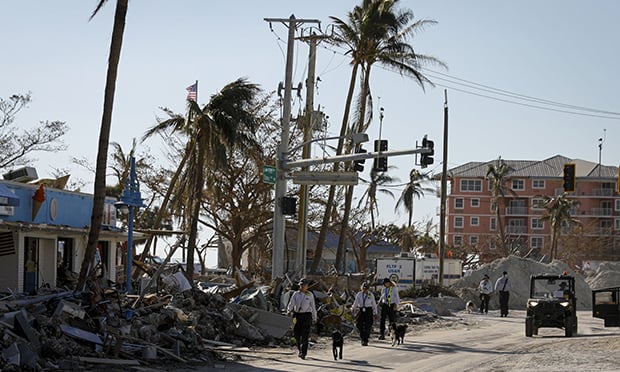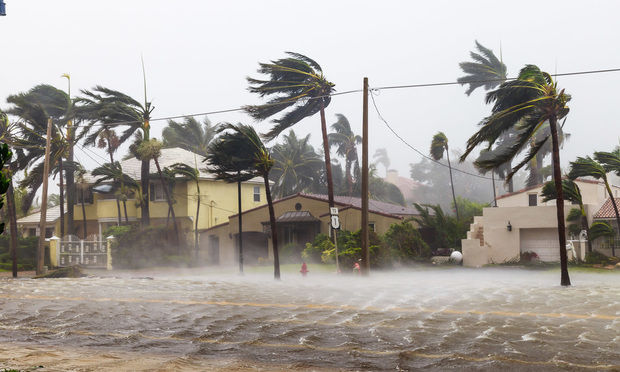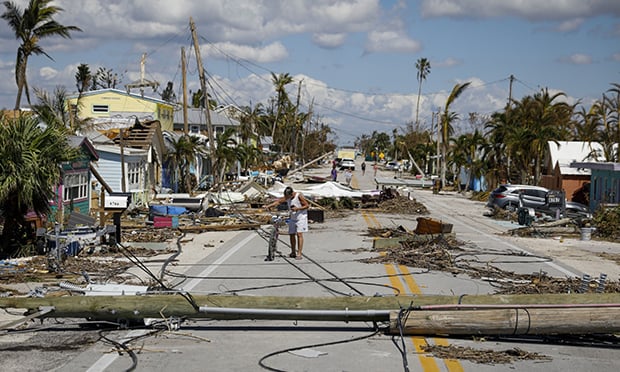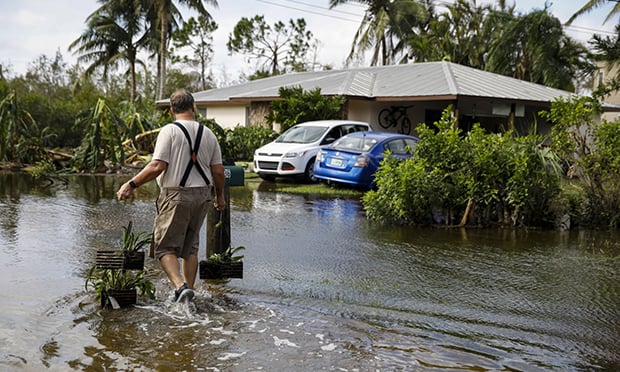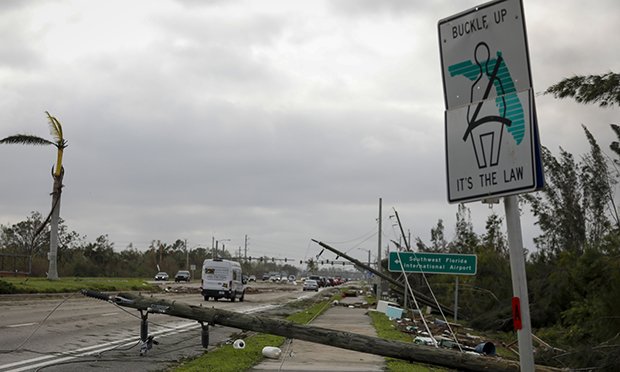 Florida is home to a large retirement population. One such ethical obligation required by the administrative code states: "An adjuster shall exercise extraordinary care when dealing with elderly clients to assure that they are not disadvantaged in their claims transactions by failing memory or impaired cognitive processes." (Credit: Eva Marie Uzcategui/Bloomberg)
Florida is home to a large retirement population. One such ethical obligation required by the administrative code states: "An adjuster shall exercise extraordinary care when dealing with elderly clients to assure that they are not disadvantaged in their claims transactions by failing memory or impaired cognitive processes." (Credit: Eva Marie Uzcategui/Bloomberg)
As a Florida attorney who has represented insurers and insureds since 2004, I have experience in windstorm-related claims concerning Hurricanes Charley, Frances, Ivan, Jeanne, Katrina, Irma and Michael, it is recommended that property insurers bear in mind the following three points regarding the adjustment of Hurricane Ian losses:
|1. Wind vs. flood, that is the question
Premature assumptions have already been made by so-called talking head experts that the majority of claims associated with losses in Lee, Charlotte, Osceola, Orange, Leon, Broward and multiple other affected counties are excluded from property and business-interruption coverage arising from a flood exclusion.
Recommended For You
Want to continue reading?
Become a Free PropertyCasualty360 Digital Reader
Your access to unlimited PropertyCasualty360 content isn’t changing.
Once you are an ALM digital member, you’ll receive:
- Breaking insurance news and analysis, on-site and via our newsletters and custom alerts
- Weekly Insurance Speak podcast featuring exclusive interviews with industry leaders
- Educational webcasts, white papers, and ebooks from industry thought leaders
- Critical converage of the employee benefits and financial advisory markets on our other ALM sites, BenefitsPRO and ThinkAdvisor
Already have an account? Sign In Now


